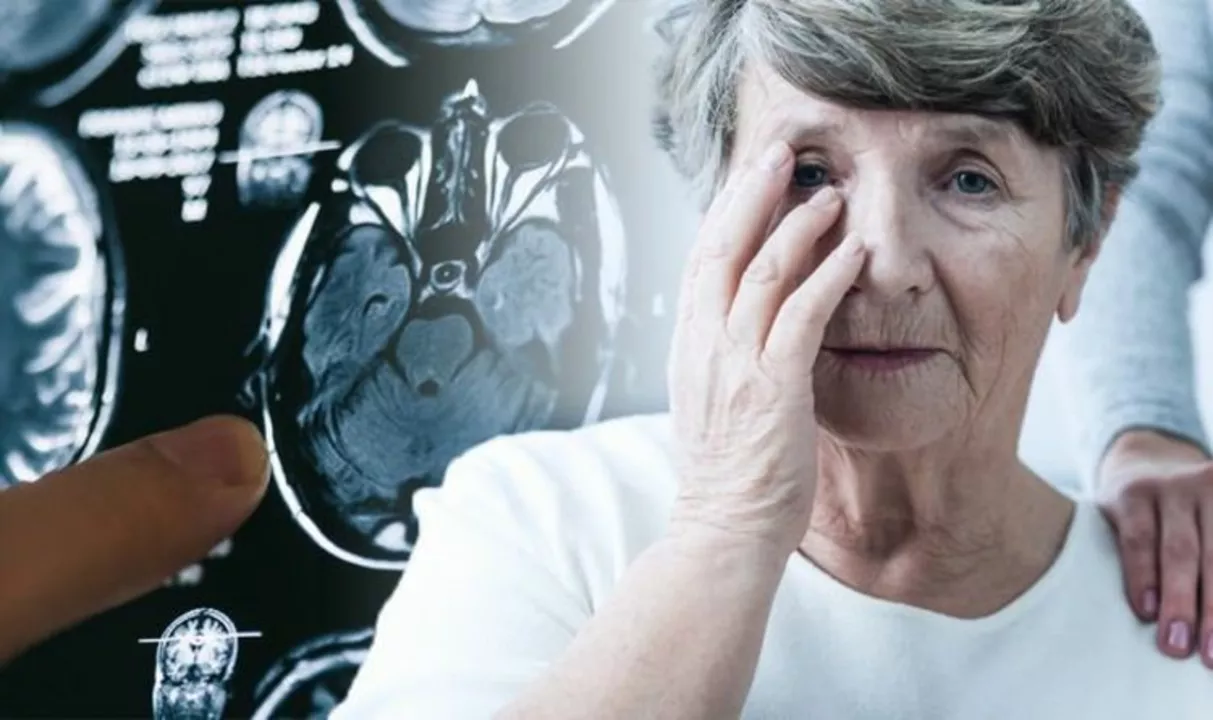Alzheimer's: Signs, Diagnosis, and Practical Care Tips
Worried about memory slips in yourself or someone you love? Alzheimer’s is more than forgetting names now and then. It’s a progressive brain disease that affects thinking, daily tasks, and behavior. The sooner you spot real warning signs, the faster you can get a diagnosis, plan care, and use treatments that slow symptoms.
Early Signs and How to Get Checked
Look for clear shifts in daily life: repeating questions, getting lost on familiar routes, trouble handling bills, or struggling with words. Mood changes—like apathy, irritability, or sudden anxiety—can appear too. If these seem new and persistent, don’t wait. Start with a primary care visit. Doctors will ask about history, run simple thinking tests, and may order blood work or brain scans. A neurologist or memory clinic can give a fuller assessment.
Diagnosis often combines a clinical exam, cognitive tests, and imaging to rule out other causes. Early diagnosis matters: it opens options for medications, support services, and legal or financial planning while the person can still participate.
Care, Safety, and Treatment Options
There’s no cure yet, but treatments can help. Doctors commonly prescribe cholinesterase inhibitors (like donepezil) or memantine to ease memory and thinking problems in some people. These drugs don’t stop the disease, but they can improve daily function for months to years in many cases.
Non-drug strategies matter a lot. Keep routines simple, use calendars and pillboxes, label rooms and drawers, and make the home safer—clear trip hazards, add good lighting, and lock dangerous cabinets. Break tasks into small steps and use cues. Gentle exercise, social activity, a sleep-friendly routine, and brain-engaging hobbies (puzzles, music, reading) help mood and function.
Caregivers need practical plans. Set up legal documents early (power of attorney, advance directives) and discuss finances. Use community resources: local Alzheimer’s associations, adult day programs, and respite care can reduce burnout. Join support groups—talking with other caregivers gives real tips and emotional backup.
When behavior changes—wandering, aggression, or severe confusion—talk to the doctor. Sometimes simple fixes (treating pain, adjusting meds, fixing sleep) make a big difference. If safety becomes an immediate concern, consider short-term supervised care or a care plan that brings in in-home help.
If you want clear next steps: note specific changes you see, book a medical checkup, and start a list of practical supports (family roles, local services, medications). Acting early makes daily life better for the person with Alzheimer’s and the people who care for them.
Need links to resources or local services? Reach out to your primary care team or local Alzheimer’s support organization for tailored next steps.

